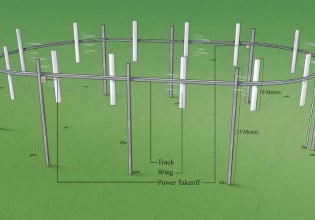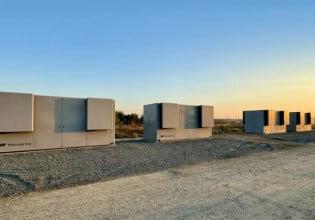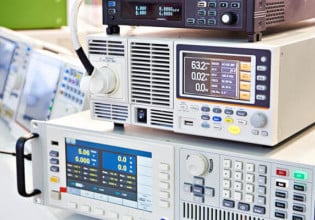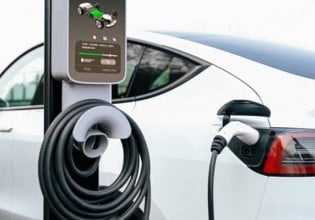An upcoming United Nations committee meeting will make a key decision on whether cartridges containing methanol should be allowed on commercial aircraft, which is seen by fuel cell companies as vital for the commercial success of the methanol fuel cells being developed as an alternative to lithium-ion batteries. At present, passengers are forbidden to take cartridges containing methanol, which is flammable, on-board aircraft as a carry-on item.
Direct-methanol fuel cells (DMFCs) mix methanol with air and water to produce electrical power. Models being developed for laptop computer use are capable of delivering enough power for between 5 and 20 hours, outpacing current batteries, however, the rule is one factor that caused NEC Corp. to delay the commercialization schedule of its first DMFC-powered laptop from this year to 2007.
The Sub-Committee of Experts on the Transport of Dangerous Goods, which is due to meet November 29 to December 7, 2004, in Geneva, Switzerland, is due to decide on classification of methanol fuel cartridges as a category of dangerous goods that can be brought by passengers onto aircraft. If the committee agrees to the proposals, it will set in motion a series of required rule changes by the International Civil Aviation Organization and its member states that should see methanol cartridges allowed on aircraft from January 1, 2007. Otherwise, the process might be stalled for a further two years.
The special meeting could also help determine the fuel cell commercialization plans of several large electronics companies, which are developing DMFCs. Many companies have not adequately considered legal regulations and the time taken to implement changes, so they may well have fuel cells ready for the market before the laws are changed.






